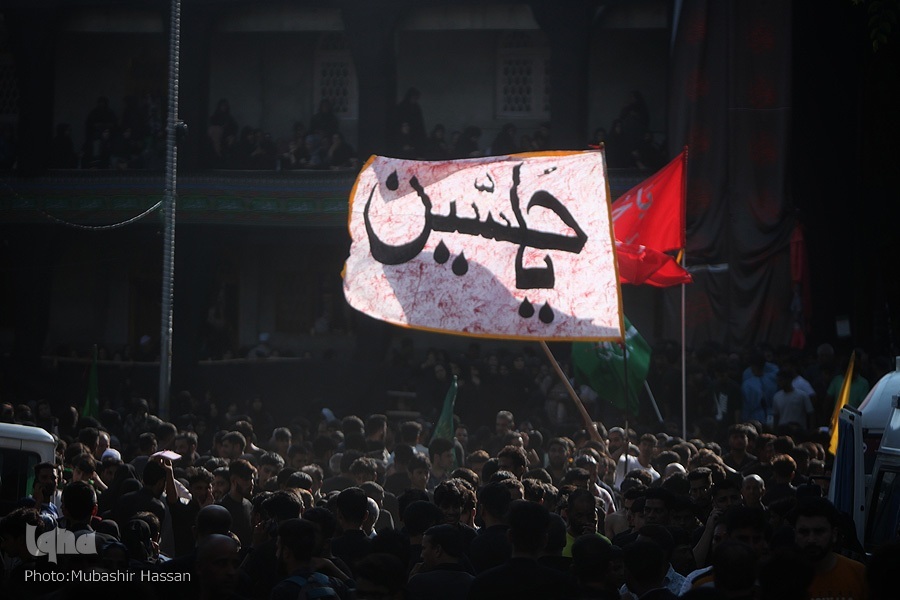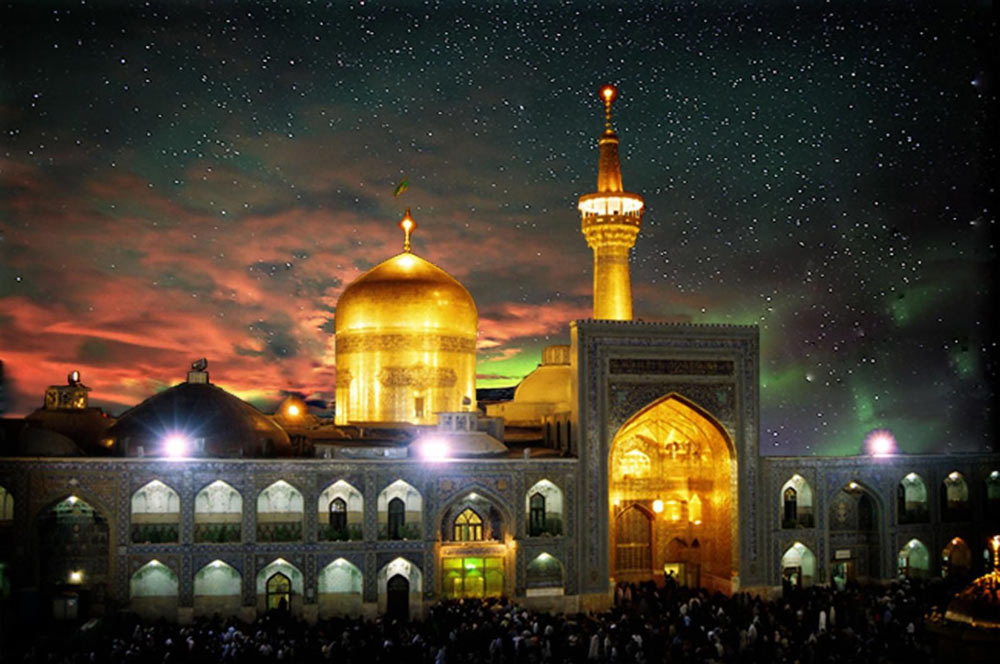According to rahyafte (the missionaries and converts website): In the third article on Motahari’s book “Hamaseh Husseini”, we will delve into the late scholar’s view on how Imam Hussein (AS) revived the identity and teachings of Islam.
Imam Hussein’s (AS) martyrdom was a turning point for Islam. It revived the religion by restoring its principles and values. How did he achieve this? Here is Motahari’s answer:
His movement was a glorious divine and Islamic saga and that is why it infused new life into the Islamic world. After his martyrdom, Islam flourished. Imam Hussein (AS) revived the spirit of Muslims with his great movement. He removed fear and weakened the sense of slavery and captivity that prevailed in the society at the end of Uthman’s time and throughout Muawiya’s reign. In other words, he gave personality to Islamic society. The sense of personality is a very important issue and nothing is more valuable than that for society. What the Prophet of Islam gave to the Arab people and elevated them from the depth of humiliation to the height of dignity, was the faith that gave those people character. The Umayyads did something to kill the Islamic personality among the Muslims, and Imam Hussein (AS) revived that personality.
After two or three decades that the teachings of Islam were being forgotten, Imam Hussein (AS) said: “Then bid farewell to Islam for the nation has been afflicted with a shepherd like Yazid” and also “By God, I did not rise against the tyrannical rule of Bani Umayyad out of selfishness or with the aim of oppression or corruption! But rather, I rose to seek reform in my grandfather’s nation.
He gave people a sense of independence and self-reliance, and he taught people the lesson of zeal, endurance and perseverance in hardships. So when they say, what Hussein bin Ali do to revive the religion of Islam, the answer is that he breathed a new spirit, made the blood boil, eliminated the fear of the people, and turned those cowardly people into brave ones.

Karbala: Practical embodiment of Islam
The school of Islam is comprehensive and has interrelated personal, social, moral, political and cultural dimensions. The behavior of infallible imams is a manifestation of different aspects of the school.
The peak of this manifestation, after the brief period of early Islam, is evident in the event of Karbala. Therefore, our understanding of this event should be in line with its completeness and inclusiveness. According to Motahari:
The event of Karbala is the embodiment of multifaceted and multidimensional Islamic thought and idea. What has been realized in the process and action of this event is Islam, and all correct interpretations of the Ashura event have pointed to an aspect of it. They are correct but incomplete; these understandings include those of Di’bil Ali al-Khuzaei, Kumayt ibn Zayd al-Asadi, Mohtasham Kashani, Oman Samani, and Iqbal Lahori. Al-Khuzaei’s perception of Imam Hussein movement is only its militant aspects according to the time. Mohtsham Kashani discusses the sorrowful aspects, Oman Samani or Safi Alishah emphasize the mystical impression, divine love, and purity on the path of truth. Another perspective looks at the event from an epic and moral standpoint. Each person has expressed a valid viewpoint, but it’s important to note that they are only capturing one aspect of this movement, not the entirety of it.
To truly understand the comprehensive nature of Islam, we must delve into the Husseini movement. It becomes evident that Imam Hussein (AS), in the events of Karbala, not only preached the principles of Islam but also embodied them genuinely and vibrantly. His embodiment was not soulless; rather, it was a living representation of Islam itself, for Islam is meant to be lived and experienced. Ahl al-Bayt (AS) have advised us to keep the memory of this event alive and to revive its significance. The Husseini movement encompasses people from all walks of life: men, women, young and old, children, individuals of different races and ethnicities, Arabs and foreigners alike. It carries mystical and monotheistic elements, emphasizing purity in the path of God. On one hand, Imam Hussein (AS) displayed his militancy by standing up against an oppressive system and expressing his firm resolve with powerful statements such as “By Allah, I shall not give my oath to you like a humiliated one, and nor shall I flee like the captive” and “Never to humiliation!”
On the other hand, we witness the Imam in the role of a benevolent figure, a preacher, and an admonisher. He even expressed sorrow over the fate of his enemies, genuinely hoping that they would be saved from hell. In this aspect, Imam Hussein (AS) serves as an exemplar of his ancestor “Indeed, there has come to you a Messenger from your own, he grieves for your suffering, and is anxious about you, and is gentle, merciful to the believers” (Surah At-Tawbah, verse 128), embodying unity, love, and friendship. He possessed a profound love that extended even to those who opposed him.
From a moral standpoint, the Ashura event shines as an outstanding example. It encompasses moral values such as self-sacrifice, loyalty, virtue, Islamic equality, and brotherhood. These values are vividly reflected in the events of Ashura.”
You can read parts one and two of the series from the provided links.
Translated by Mohammad Ali Haqshenas



















